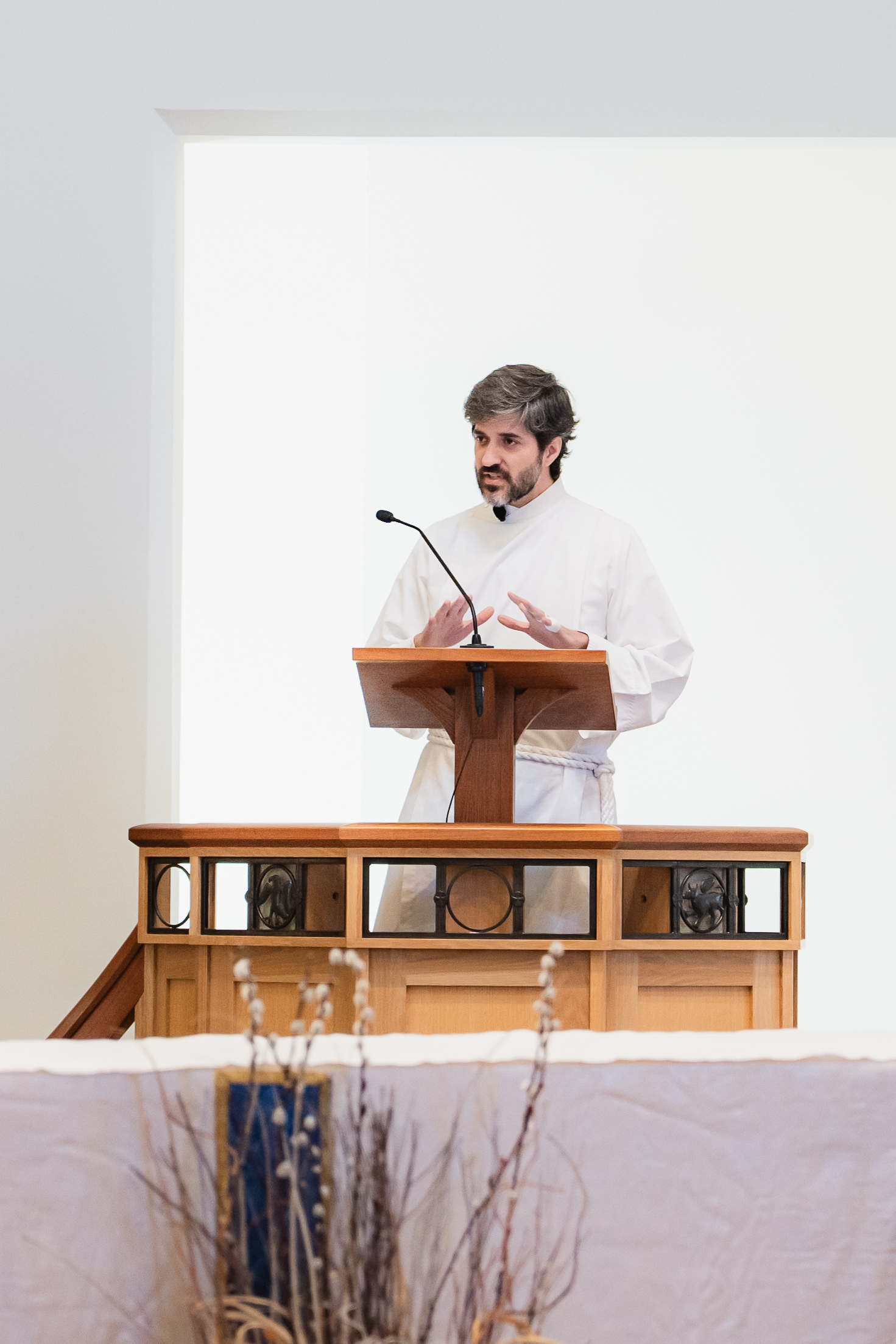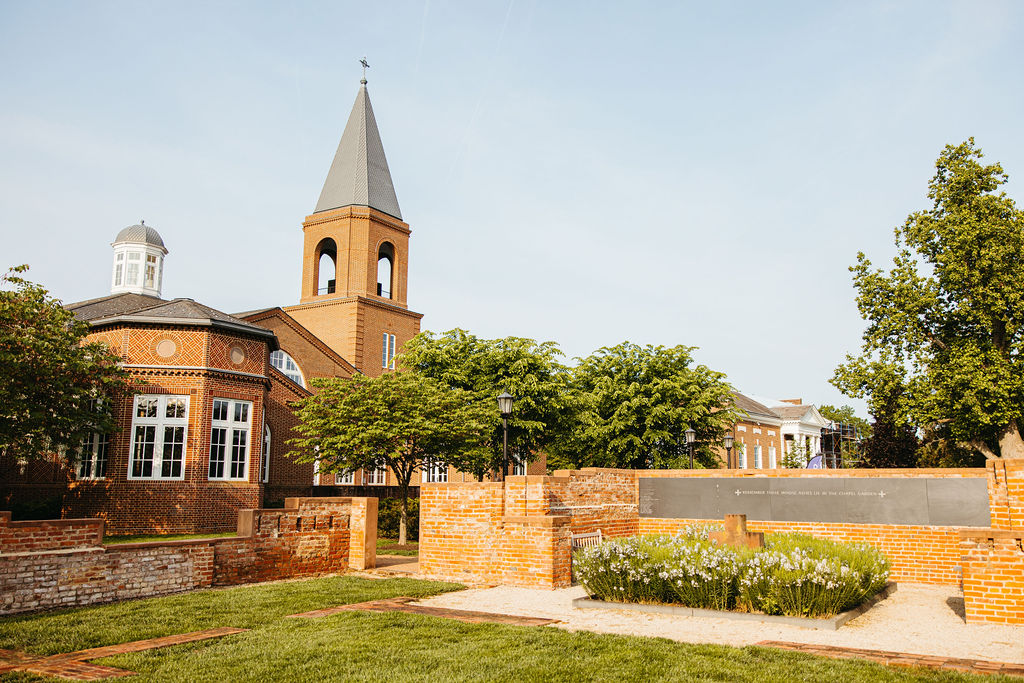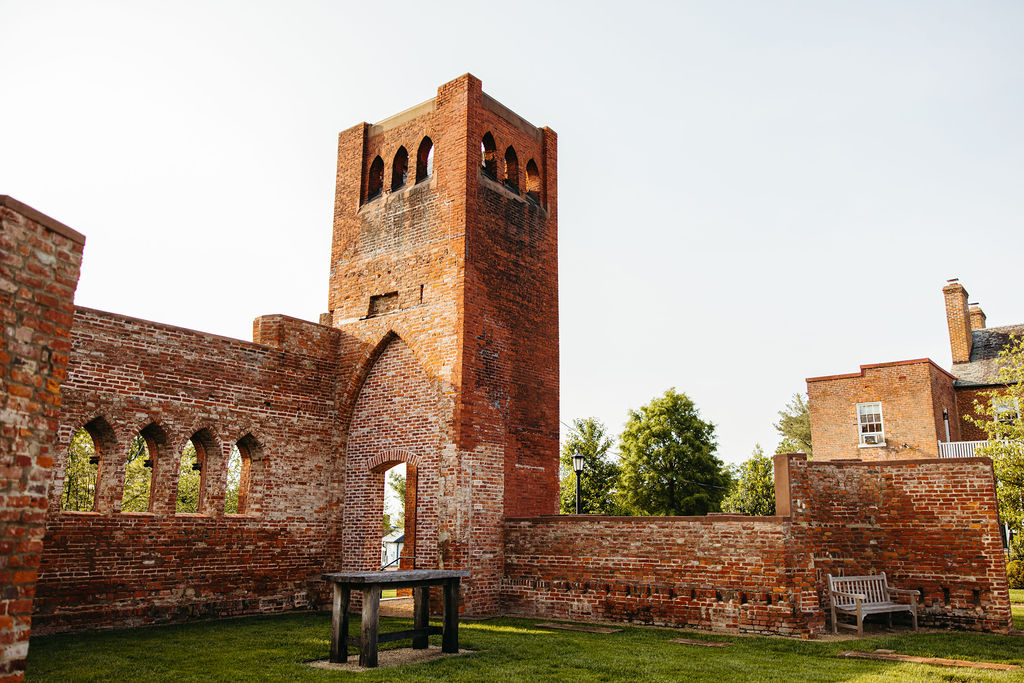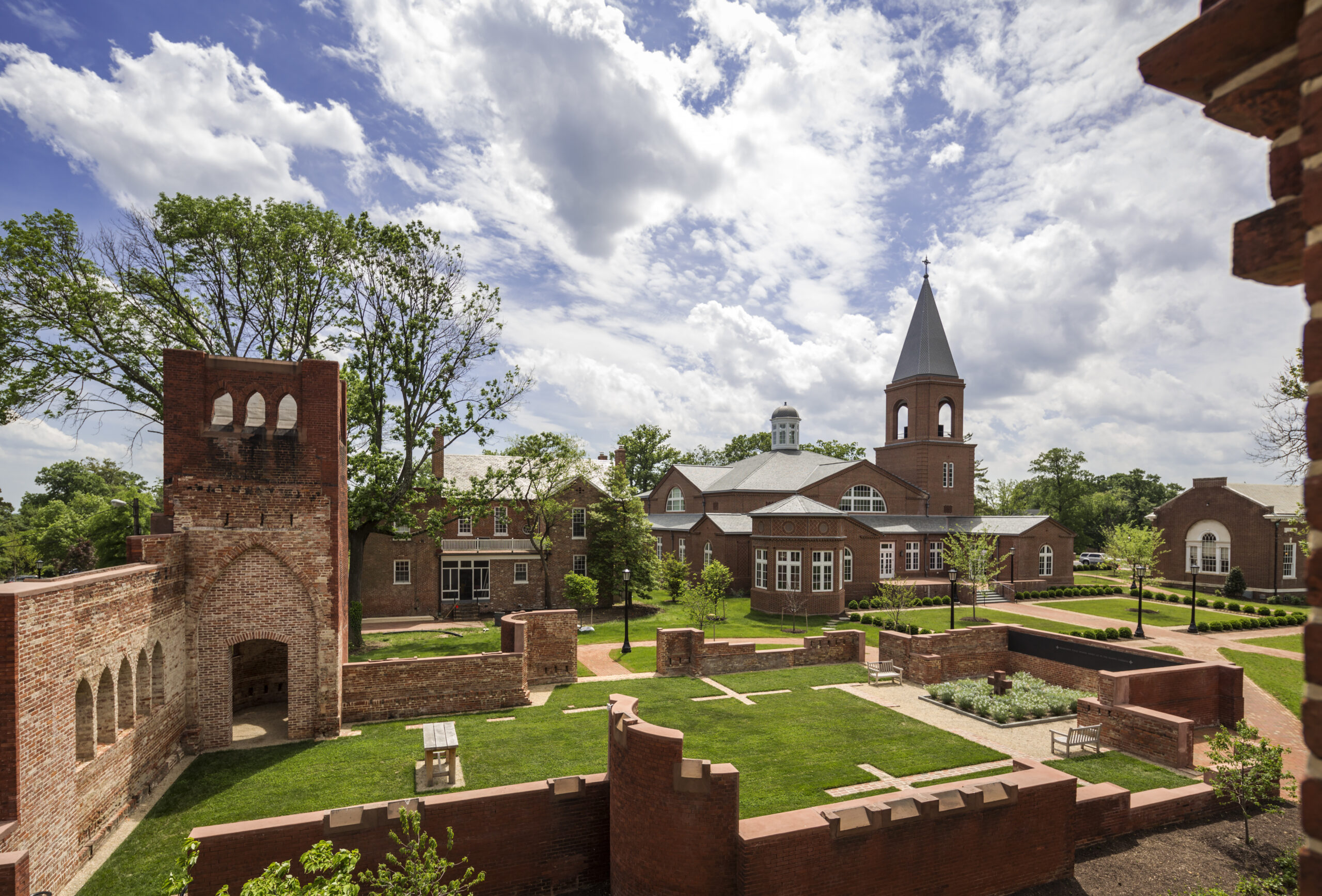The ecclesiastical historian is a hybrid creature – historian, theologian, scholar of religion; we work in many contexts but are entirely at home in none; here we have no abiding city. This year I have felt that particularly acutely, as I moved first from a resolutely secular history department at a large state university (the University of Limerick) to the wonderfully small and confessional seminary that is VTS, and I am now packing up my things to take a position in the Theology Faculty at the University of Oxford. This year has occasioned for me the curious experience of, for the first time in my life, becoming the sole dedicated historian in an institution, and, as a result, covering a far wider range of history than I ever have before. It has also forced me to both ask and answer the question of why a seminary needs a historian at all.
My year began with a survey course introducing students to both church history and theology, which I had the enormous privilege of co-teaching with the inimitable Rev. Katherine Sonderegger, Ph.D. We tackled such topics as the conversion of Constantine to Christianity, and the transformation of Christianity into an imperial religion backed by state power. What relationship ought Christianity to have with state power? When is cooperation advantageous, and when a Faustian pact? These questions are not limited to our century but have been addressed by Christians anew in every age. Helping our students to explore them in the context of Constantine, or Henry VIII, not only allows the benefit of historical distance and insight, but also equips them to know, to use, and to further develop the answers previous generations have already crafted to these questions.
Such questions persisted as I taught with great relish my one true love – the history of the Medieval and Reformation Church. It was tremendously exciting to give passionate, committed students in the process of becoming transformative leaders of the church a guided tour of the transformations of the Reformation era. This era was the age of first contact between Europeans and Americans in which all existing maps were proved erroneous, when Copernicus found that our very eyes are erroneous since the Sun does not revolve around the Earth, when Jerome’s millennium old translation of the Bible was proved erroneous, when the printing press revolutionized information technology, creating new media of discourse and allowing bold ideas and flagrant lies alike to spread like wildfire. It was an age when Christians were forced to ask, in the words of Michel de Montaigne: “how many things were yesterday articles of our faith, that today appear no other than fables?” It was, in short, an age in which it seemed God was making all things new, some for better, and some very much worse, in which science and technology threatened the foundations of old religious certainties, church leaders confronted political chaos and tyranny, and both innovation and conflict proliferated. What more relevant precedent to our own times could there be than those through which the reformers of the 16th and 17th centuries lived?
My work at VTS has not only consisted in teaching this material, but also in writing about it. With the tremendous benefit of a Faculty Research Seminar, I have developed my Ph.D. thesis into a book, to be published next year under the title Cambridge Evangelicals and the English Reformation, c. 1520-1540. This book argues that the very earliest reformers of the English Reformation were both far more theologically innovative and far more politically radical than has commonly been thought. Far from accepting established orthodoxies, whether from Wittenberg or Rome, they forged their own soteriology, while critiquing all powers which sought to subtract from or add to what they saw as the word of God. This led also to an essay in the forthcoming Have Mercy collection, edited by our own Ruthanna Hooke, Kyle Lambelet, and Altagracia Pérez-Bullard, about the Reformation era precedent for church leaders checking the power of a monarch.
I have also begun a new project, on radical ideas of the soul and afterlife that emerged between 1500 and 1700, above all that of soul-sleep – the belief that after death the soul sleeps until the last judgement at the end of time. My contentions are that Purgatory was not an extraneous limb neatly excised at the Reformation, but an integral part of late medieval religious life, which when removed left a gaping hole that took many generations and much experimentation to repair, and that the rise of philosophical atheism in the late 17th and 18th centuries has roots not only in science and philosophy, but within radical new theologies as well, as soul-sleep eventually evolved into soul-death, and for some the abolition of an afterlife altogether. I am therefore seeking to tell a new story not only of the Reformation and how Christians past contemplated the fundamental human questions of life and death, but also a new origin story of our own secular age.
Teaching and writing in a seminary has brought alive for me the urgent vitality of these questions. The Church lives in the shadow of the conflicts which forged it. Understanding those conflicts is critical to enabling church leaders both to deploy the battle-honed resources already present in the tradition, and to realize which traditions, forged in the heat of past conflicts or coalesced in the cool of prior ages, are but human ordinances which may be safely left behind. VTS knows this and teaches a historically rich curriculum; if the Church is to meet this moment, all its teaching and preaching and witness must do likewise.








